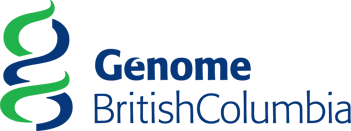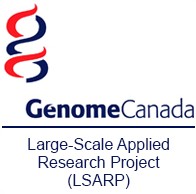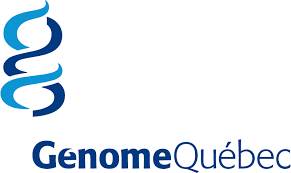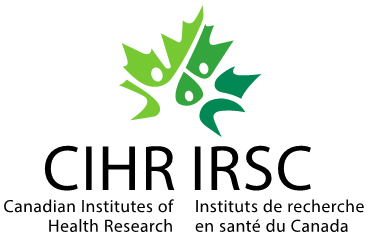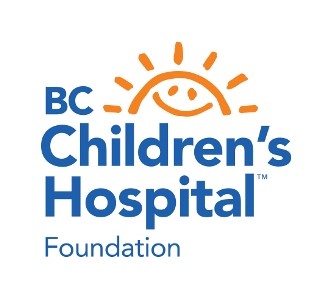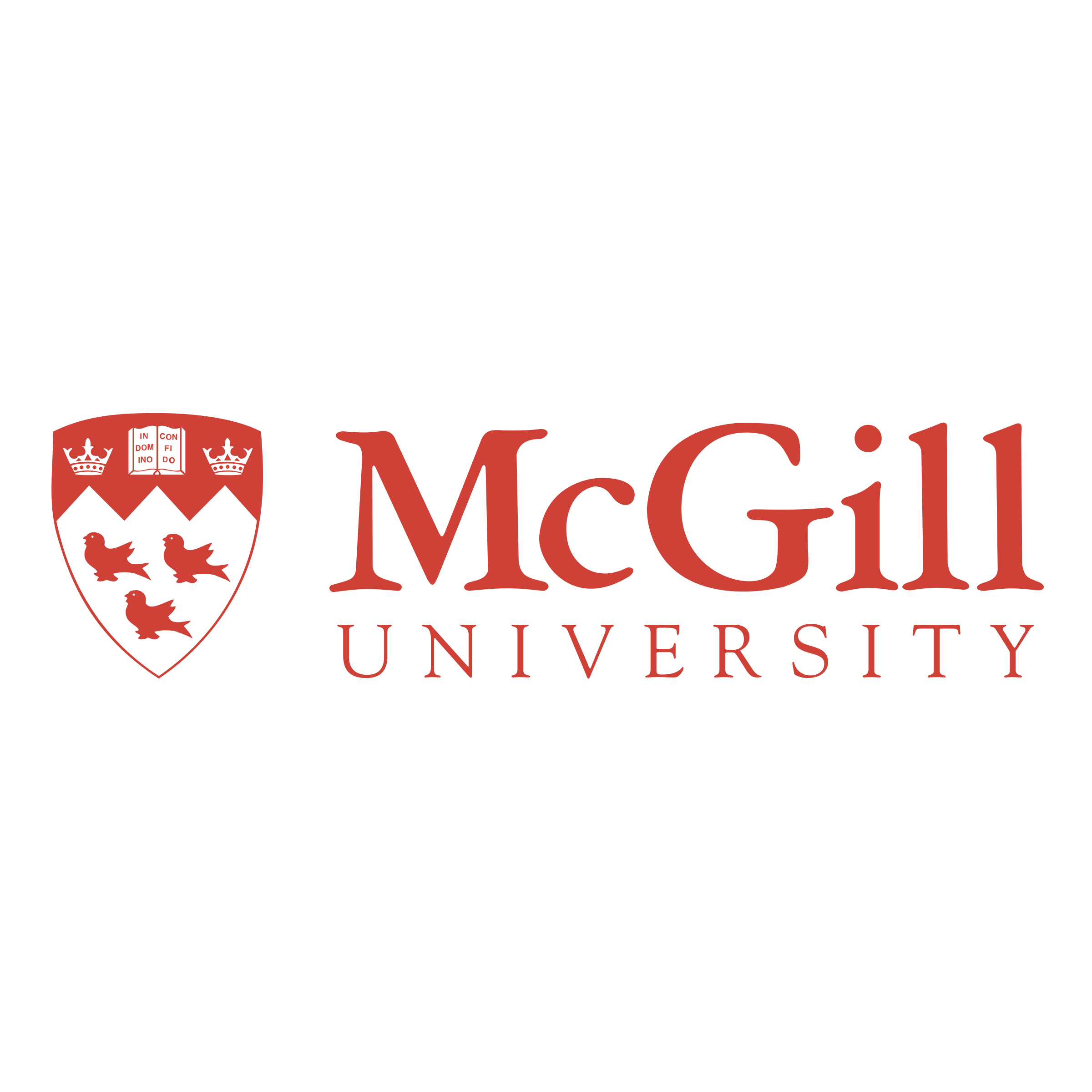Want to learn more about the legal regulation and recognition of genetic counsellors in Canada? Dr. Ma'n Zawati talks about the GenCOUNSEL research focused on this topic.
Below are summaries of some of our recent research findings.
Rapid genome-wide sequencing in a neonatal intensive care unit: A retrospective qualitative exploration of parental experiences
Some babies in the neonatal intensive care unit (NICU) are born with a health condition that needs extra care. For some of these babies, genetic testing may be helpful to try to clarify their diagnosis and in some cases can help guide treatment plans or help families understand the prognosis. The type of genetic testing offered to many families in this setting is called Genome Wide Sequencing (GWS). This type of genetic testing is very broad and looks at as many genes as possible to see if there are any changes in any of the genes that could explain the condition that the baby has.
We wanted to learn more about parent’s experiences with GWS so we interviewed them to see what the process was like for them. We found that most parents had a positive experience with genetic testing and that all felt relieved after they got the results. For families who got a diagnosis from GWS, they were able to better plan for the future, form connections with other families, and make decisions about healthcare. Some parents worried that a genetic diagnosis could negatively impact how people thought of their child by giving them a “label”. Overall, these parents had a positive experience with GWS and there was no to low levels of regret about this testing for their child.
Given the often stressful nature of having a baby in the NICU, parents may need extra support for GWS in this setting and having a genetic counsellor involved in pre- and post-test counselling may be helpful for these families.
Where is genetic medicine headed? Exploring the perspectives of Canadian genetic professionals on future trends using the Delphi method
Availability and use of genetic counselling and testing has increased a lot over the last decade as there have been many new genetic tests introduced for different medical conditions. When areas of healthcare change so quickly, it can be really hard to do healthcare planning. We wanted to understand what Canadian genetics professionals thought would happen in genetics healthcare in the future to help us inform healthcare planning.
We sent out a survey and asked people to look at a number of scenarios and rate them as likely or unlikely depending on what they thought would happen in the next ten years. Some of the scenarios asked about the likelihood of new tests being introduced, expanding who would be seen for genetic testing and counselling, using technology like chat bots or electronic decision aids, regulation of genetic counsellors, and using genetic testing for population screening in adults. After participants completed the first survey, we sent them information about how their responses compared to everyone else’s and then we sent them the same survey again to see if anyone changed their mind about their answers. We found a lot of variability in how likely people thought it was that these scenarios would be introduced. This highlights how much uncertainty there is in predicting the future for genetics healthcare.
